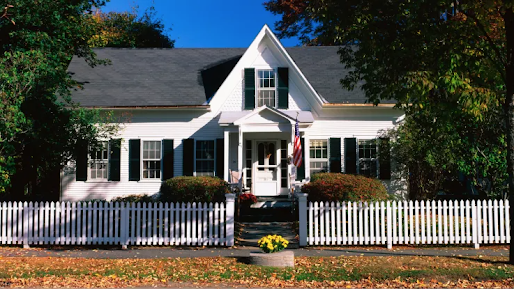- levated home prices and mortgage rates, along with sluggish rents, have made low-priced homes increasingly attractive to investors.
- Investors bought 18% of all homes that sold in the fourth quarter, up slightly from a year earlier.
- Overall, investor home purchases dropped 11% from a year earlier, though that’s the smallest decline since they began falling in 2022.
- Redfin agents in Florida and California say many investors are hungry for homes, but can’t find properties to purchase due to an ongoing housing shortage.
Real estate investors bought 26.1% of low-priced U.S. homes that sold in the fourth quarter. That’s the highest share on record and is up from 24% a year earlier. By comparison, investors purchased 13.6% of mid-priced homes that sold (vs 14.3% a year earlier) and 15.9% of high-priced homes that sold (vs 15.4% a year earlier).
Low-priced homes made up 46.5% of all investor purchases in the fourth quarter (vs 47.2% a year earlier), while mid-priced homes made up 24.6% (vs 26.4% a year earlier) and high-priced homes represented 28.8% (vs 26.5% a year earlier).
“I get tons of emails every day from investors looking for properties, but of course, they only want homes that are under market value, which are hard to come by. When they find those properties, they pile in,” said Carrie Caruthers, a Redfin Premier real estate agent in Riverside County, CA. “I’ve recently seen an uptick in foreclosures, which investors are interested in because they often sell at a discount. I just sold one foreclosed house to an investor for $400,000. It probably would’ve sold for around $500,000 if it hadn’t been a foreclosure, but the investor got a deal because foreclosure purchases come with risks.”
There is an open question about how big of an impact investors are having on the housing market. Many are concerned that investors are hurting regular buyers by driving up costs and exacerbating the shortage of homes for sale, and some lawmakers want to limit tax breaks for big corporate investors that purchase homes. A study released this month said it found “no evidence that SFRs crowd out residential home-buyers or increase home prices.” SFRs refers to single-family REITs, which are companies that invest in single-family properties.
Investors Bought Nearly 1 of Every 5 Homes That Sold in the Fourth Quarter
Investors bought 18.5% of U.S. homes that sold in the fourth quarter, up from 18.1% a year earlier. Their market share likely rose slightly because they didn’t retreat as quickly as individual buyers.

No comments:
Post a Comment